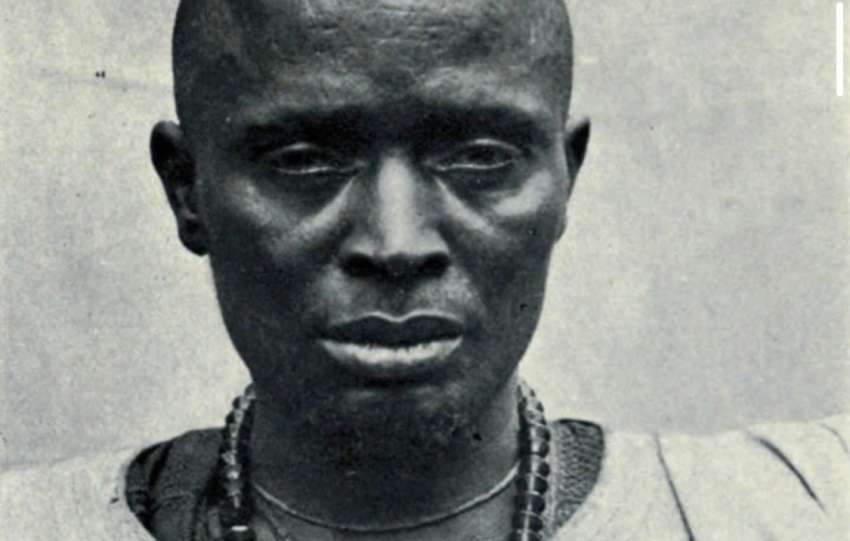
One version of the origin of Ohafia matriliny describes how pregnant women, during the migrations of the Ohafia people, were sometimes left behind—either because they were in labor or due to the suspicion that they would give birth to twins, which was considered an abomination.
Ohafia’s rich cultural history reveals a unique matrilineal tradition, where pregnant women played a pivotal role in shaping the community’s foundations. G. I. Jones’s 1930s photographs offer a glimpse into this fascinating narrative.
These women were placed under the care of a brother or husband, and it is said that these abandoned women eventually became the founders of new Ohafia settlements. In fact, some Ohafia villages have traditions that acknowledge female founders.
There are also cases where the role of women in the founding of certain villages or lineage groups is recognized and even ritually commemorated annually.
Reference:
Jones, G. I. (1937). The Ohafia People. London: International African Institute.
Isichei, E. (1976). The Igbo people. London: Heinemann.
Ugwu, A. (2009). Igbo history and culture. Onitsha: Africana Publishers.



